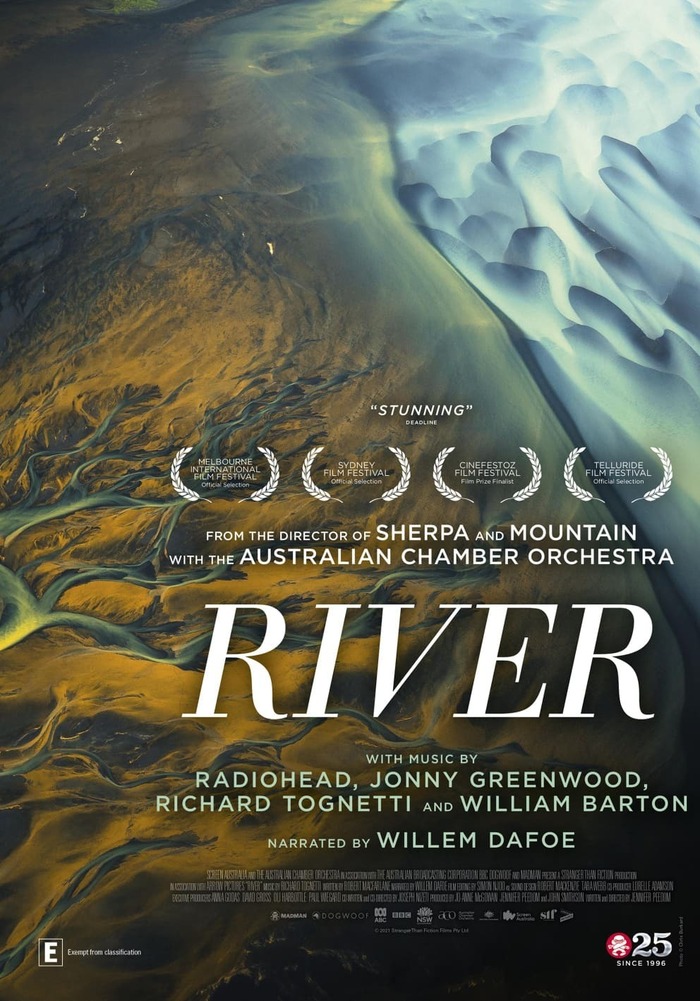https://vimeo.com/385946287
In January 2019, a viral video showed grown men near Menindee weeping as they held dead Murray Cod, decades old, which had perished in yet another environmental disaster. Australians were horrified, and politicians blamed drought, while ecologists and water management specialists claimed it was due to the over-allocation and over-extraction of water.
Two weeks later, it was forgotten.
News that the Darling River, or Barka, as it is known to its people, was in a state of ecological collapse had disappeared from the media and, although people were shouting about what was happening, no one was listening. Who was to blame? And what could be done?
Director’s Statement:
When the River Runs Dry was born on an impulse. In January 2019, images and videos began to filter through social media of a massive fish-kill on the Darling/Baarka River near Menindee in NSW. The devastating sight of enormous Murray Cod, dead in a man’s arms, led first to distress, and then anger.
Sensing that this was a pivotal moment in Australia’s environmental history, we, (Peter Yates and Rory McLeod) moved quickly, and were on the road to Menindee within a few hours, to document the event and its impact on the people of the river.
We arrived too late in Menindee – all the fish had sunk to the bottom, leaving only foul green water and a horrible stench. Then began a harrowing period, interviewing people, camping by and filming the remains of the Darling, simply capturing the moment. Problems on the Darling had been on the periphery of many people’s awareness for years, but now here was ‘the bill’, the cost of over-extraction of water and institutional indifference manifest in a dying river.
We did not approach the research and filming of When the River Runs Dry from a partisan position, unless that partisan position was the side of the River. It simply could not be right that where the Darling was not dry it was a lurid green, and that millions of fish were dying.
With his background in anthropology, it was the most natural thing for Peter to interview the people of the river – the #Barkindji, and to hear their stories of disenfranchisement: anguished wounds that stretched back over generations, but which now bled afresh with the realisation that the #Baarka, their Mother, was close to ecological death.
To the voices of indigenous people, we added balance and explanation in the form of interviews with eminent scientists, other community members who were affected, and environmental lawyers.
Interviews were to be shot using predominantly natural light in locations relevant to the subject matter which was generally along the river. This was a story of loss, but it was important to show that there was still plenty to save along the Darling/Baarka.
To show some of the things still there we focused on bird life, particularly around the river floodplains and the dwindling #Menindee lakes. The on-going drought in western NSW provided ample opportunity (shifting sands, starving kangaroos) to build a sense of the catastrophe that was engulfing ordinary people and the land. That this catastrophe was is large part man-made is conveyed through footage of the dry riverbed, off-take pipes, massive earth-wall dams and laser-levelled irrigation farms: mute testament to a river system drained of its resilience.
#WhenTheRiverRunsDry #documentary #film #Darling #river #water #extraction #scarcity #resources #watershed #indigenous #people #community #waterislife #Australia #PeterYates #RoryMcLeod #docu-films



